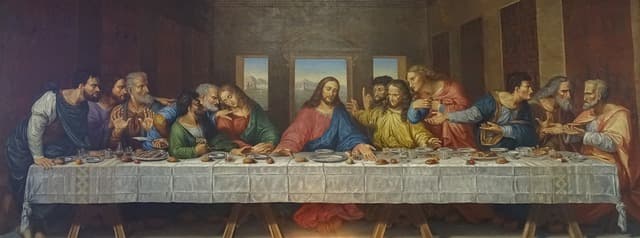Holy Week is the week leading up to Easter Sunday in the Catholic Church, and it is a time of deep reflection and spiritual renewal. It is considered the most important week of the Church calendar, as it commemorates the events leading up to the crucifixion and resurrection of Jesus Christ.
The week begins on Palm Sunday, which celebrates Jesus’ entry into Jerusalem, and continues through Holy Thursday, Good Friday, Holy Saturday, and finally Easter Sunday. Each day of Holy Week has its own unique significance and observances.
Palm Sunday marks the start of Holy Week and commemorates Jesus’ triumphant entry into Jerusalem, where he was greeted with palm branches and cheers from the crowds. In Catholic churches, this day is marked by the blessing of palm branches, which are then distributed to the faithful.
Holy Thursday, also known as Maundy Thursday, commemorates the Last Supper, when Jesus shared a final meal with his disciples before his arrest and crucifixion. On this day, the Catholic Church celebrates the institution of the Eucharist, the washing of the feet of the disciples, and the institution of the priesthood.
Good Friday is a solemn day of mourning and reflection, as it commemorates the crucifixion and death of Jesus Christ. It is a day of fasting and abstinence, and Catholic churches often hold a service of the Passion, in which the story of the crucifixion is read aloud.
Holy Saturday is a day of waiting and preparation, as the Church waits for the resurrection of Jesus Christ on Easter Sunday. It is traditionally a day of fasting and prayer, and the Easter Vigil is held in the evening, in which new members of the Church are baptized and confirmed.
Easter Sunday is the most joyful day of the Church calendar, as it commemorates the resurrection of Jesus Christ from the dead. It is a day of celebration and feasting.
Holy Week and Easter are a time of deep spiritual reflection and renewal for Catholics around the world, as they commemorate the most significant events in the Christian faith.


